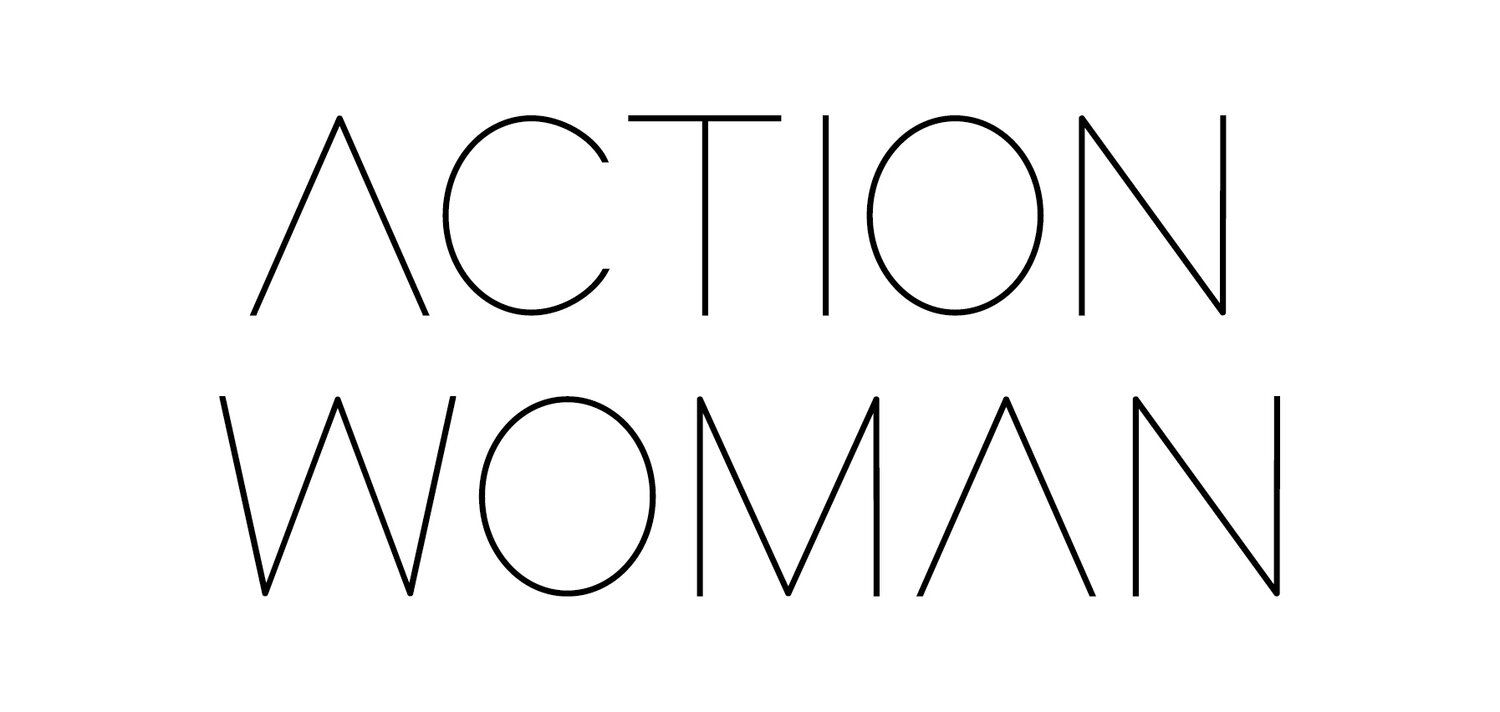#GOALS: let's get this year started the right way
/Here we go again. January, the dawn of a new year and traditionally a time when we can’t hear our own thoughts for the cacophony of messages about total transformation and pressure to create new versions of ourselves. Some people make New Year resolutions, others set goals for the year and some shun this notion all together. As with everything personal preference is key - after all - we can all live perfectly normal lives without setting goals.
But life is a series of choices and decisions and if we don’t set out knowing where we are going then it’s possible we might not like where we end up. If we set a goal then we set a direction of travel. We know where to put our time and our energy. We make choices aligned with outcomes that we want. I like to think of it as being on a raft on the river of life. You are free to drift wherever the water takes you, or you can put your arms in the water and steer your journey.
The very word ‘goal’ can be off-putting for some people. An easy way to tune into your goals is to ask yourself these simple questions and just get everything that comes to mind on paper:
What do you want more of in your life?
What do you want less of in your life?
What do you want to be, have, do?
What do you want to make happen?
Now review what you’ve written. What really stands out to you? What matters? What would you be gutted about if it didn’t happen? That there is probably a really good goal to go for. For extra motivation get really clear on your ‘why’ - why this goal matters and why it matters now.
Why we want our goals is totally unique to us. A pay-rise may mean self-esteem and validation, or it could mean security, a holiday or getting married. Once we understand WHY we want our goals, and why we want our goals NOW, it's easier to focus, go the "extra mile" and find that extra energy to put into our goals.
Try this simple exercise to find your why
Write down your goal. Note next to it how motivated you feel to achieve it out of 10
Now to get the most out of this exercise you need to be totally honest with yourself and shake off any self-judgement. There are no right or wrong answers - we are trying to get to your driving why. Write whatever pops into your head - however silly or boring or uncomfortable it might seem.
Why do you want this goal? What does it give you? Write your answer down. Now keep going. Each time you write an answer ask yourself the same question again - keep digging, and it’s OK if you find this hard. It is meant to be.
Why do you want that? What does it give you?
Why do you want that? What does it give you?
Why do you want that? What does it give you?
Why do you want that? What does it give you?
How will achieving this goal leave me feeling?
Now you understand why you want your goal and how you want to feel. But to be really motivated, you need to be clear on one final question, "Why do you want this goal now?" What circumstances in your life make this goal important to you now? Why not next year?
How motivated are you now to achieve this goal out of ten (if less than 8 then it is probably not the right goal for you…)
Making your goals work for you
Not all goals are created equal. How we set them really matters.
Make them positive. So often we focus on what it is we don’t want rather than what we do anand as the saying goes energy flows where energy goes so if we are focused on the negative then it is hard to get motivated
It’s why people often struggle with weight loss goals as they are asking their brain to want to do something that generally is bad…..lose something! It’s a negative request. And you can see very different results when you change the language into a positive goal e.g. feel amazing in my red dress or get fit enough to run that 5k without stopping or be able to keep up with my children
Make them specific. We need to know when we’ve achieved a goal. I hear people talk about having a goal to become more confident. What does it mean to be more confident? What will it give us? More confident than what? Get clear on the ACTUAL goal and you are far more likely to succeed e.g.
I speak at the conference confidently
I am confident at the hen party
I confidently chat to other mums at pick up
Or it might not be about the confidence at all…….I launch my business
Make them real. Don’ internalise the goal -accountability is key. It can be being accountable to yourself (write your goals down and you are 42% more likely to achieve them) or sharing your goal with someone else (now you are 78% more likely to make it happen)
Make a plan. A goal tells us where we are headed. A plan shows us how we'll get there. Break down the goal into specific actions you need to take and put dates against each one. What do you need to do and by when? Make the steps as small and achievable as possible, chunk it right down. That way you’ll feel motivated to keep going.
Staying on track
Everyone is different but a goal planner can be a great way to keep yourself on track and celebrating the steps along the way. You might also like to consider an accountability partner - a friend, family member or even coach to keep you going even when it gets tough. And having a visual reminder of where you are headed can be motivating - some people like to create vision boards for this or put a quote somewhere they can see it daily.
Being aware of trip-hazards
Goals take work and effort. We have to show up and do stuff to make them happen and experience shows that if we are aiming for something based on other people’s stuff rather than our own intrinsic motivation then we tend to fall over along the way. The best goals are authentic, positive ones that are driven by you and that will have a positive effect on you. They are not driven by ego or how you will be perceived by others. An ego goal might be to get to certain dress size because you see everyone looking at way on Insta. And so you exercise with that goal in mind. But unless YOU really care about that, authentically, you may struggle to see it through. Perhaps your authentic self wants to move to feel the mental freedom it gives you and to be a strong role model for your children. So setting a goal around consistency rather than aesthetics may be more motivating to you.
Whether you achieve a goal you set is all down to the plan that you make to get there. So many people focus on the goal but don’t put the same energy into working out the actions. What needs to happen in order to get there? What and who do you need? What might get in your way? How will you reset if you have a set back. These are the details that will make all the difference.
After all, a goal without a plan is just a wish!













